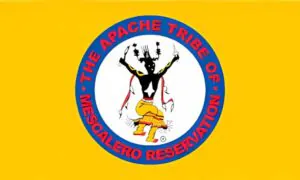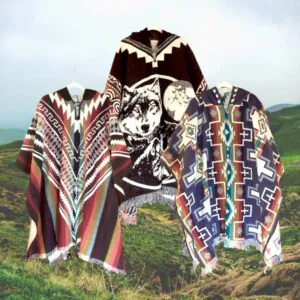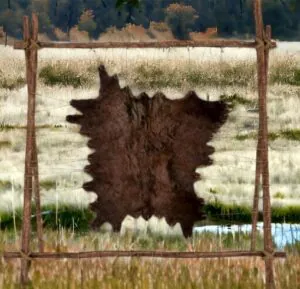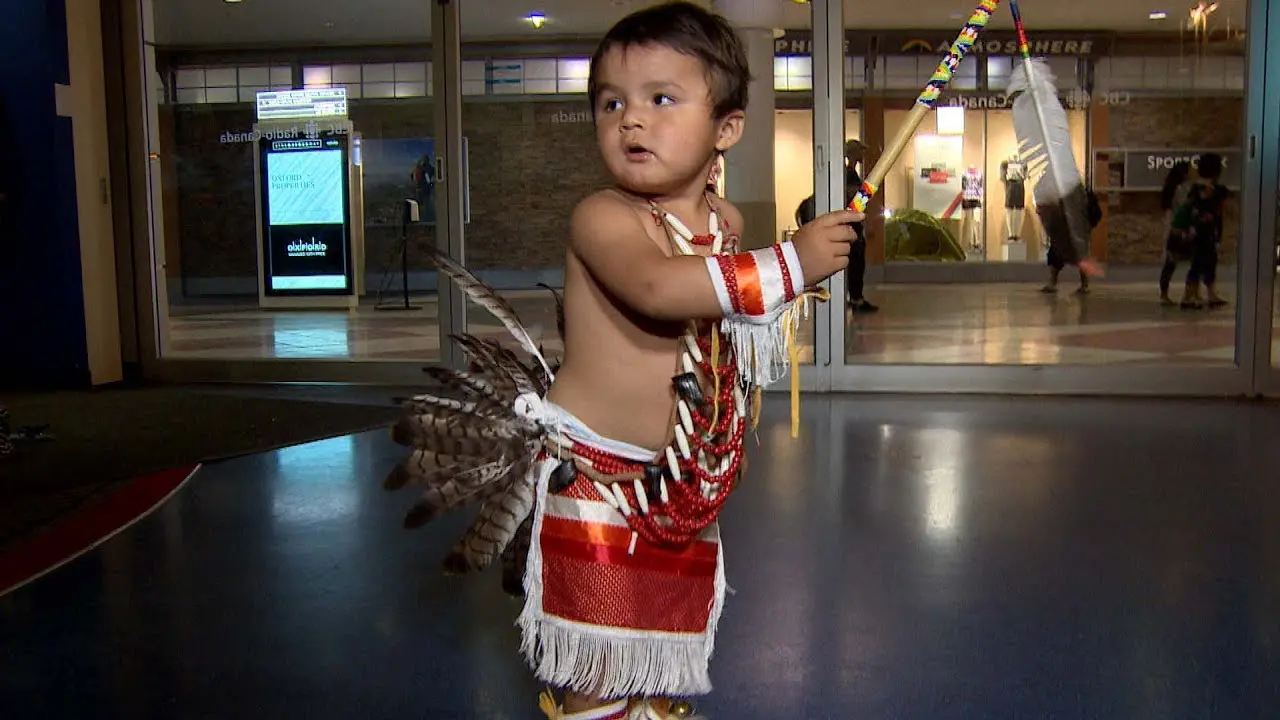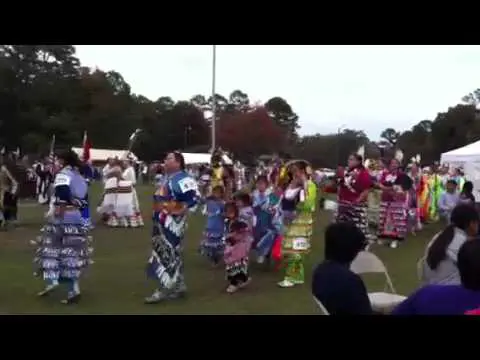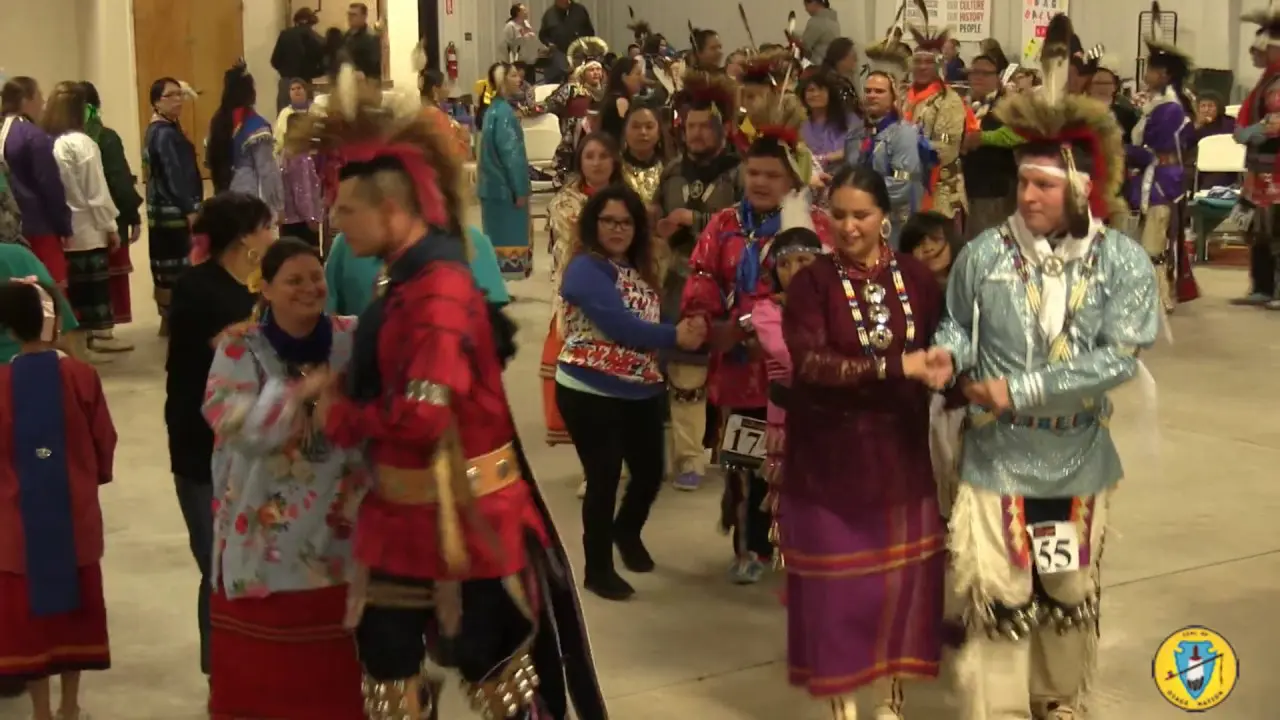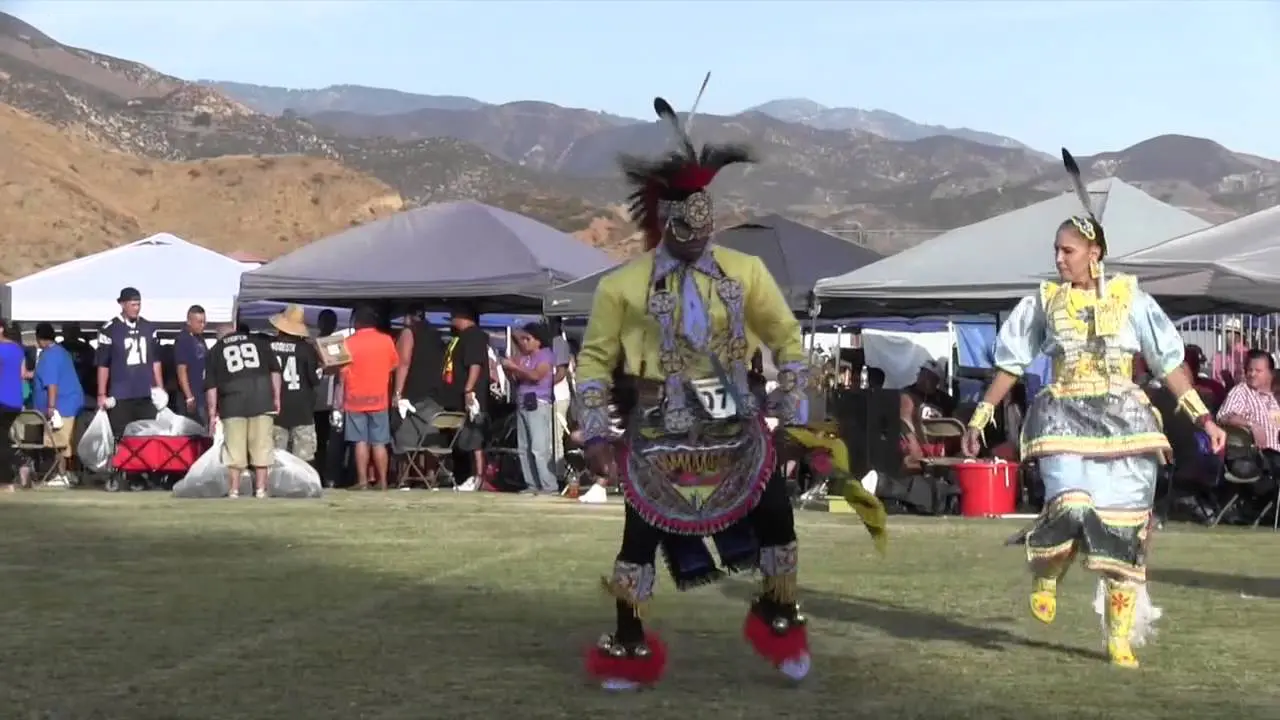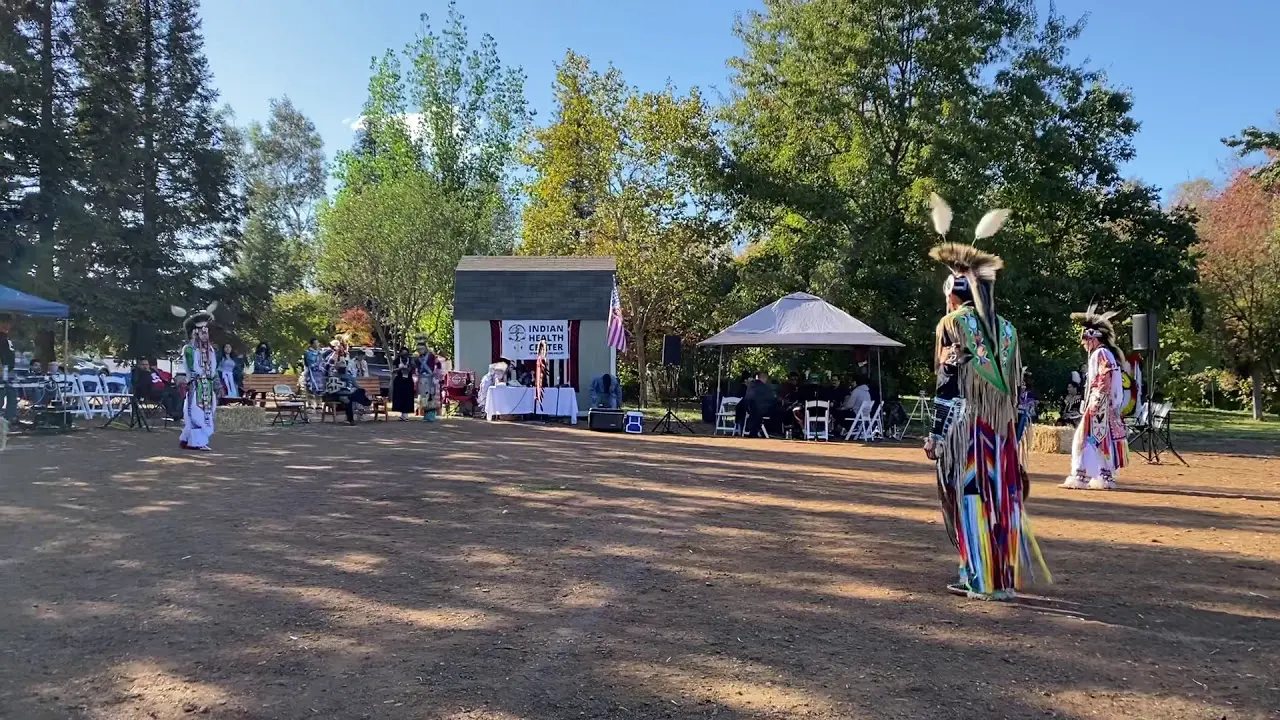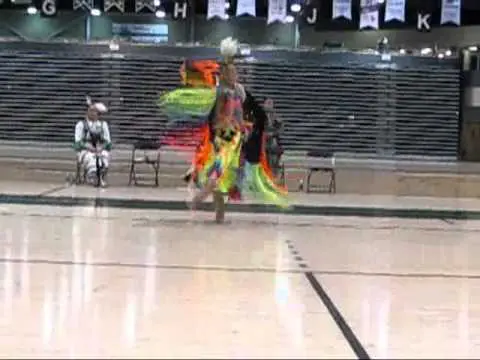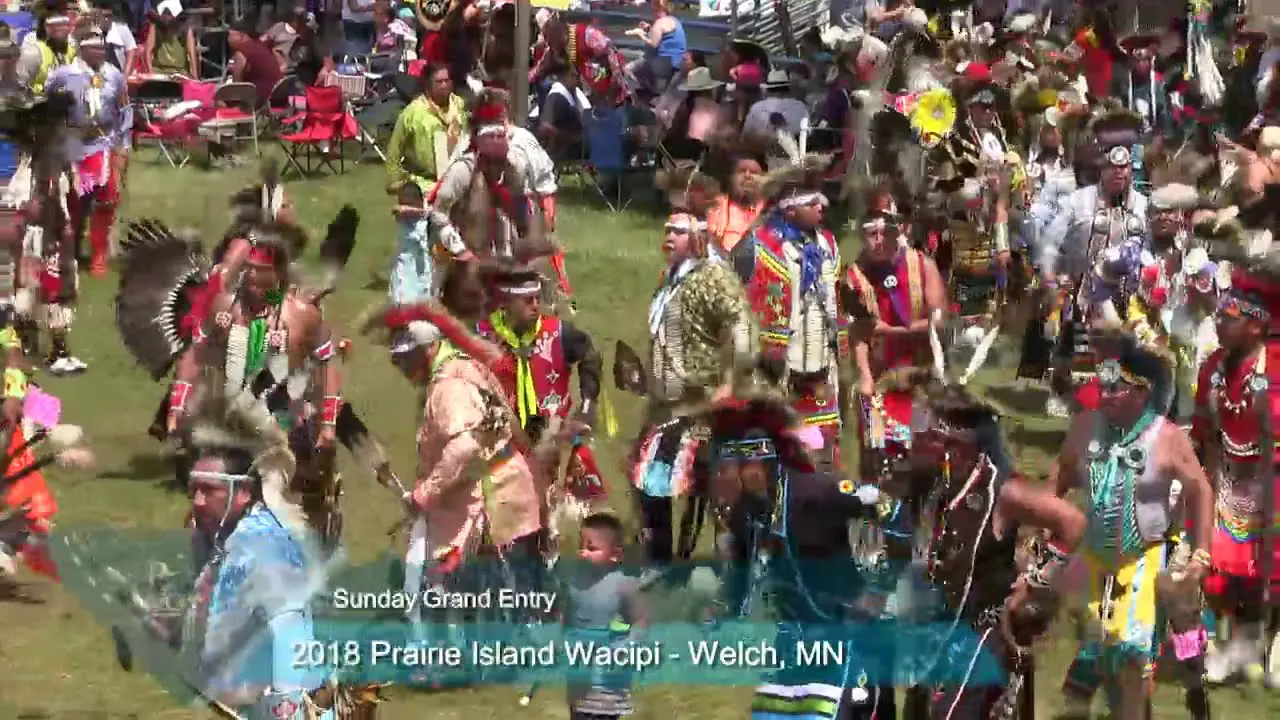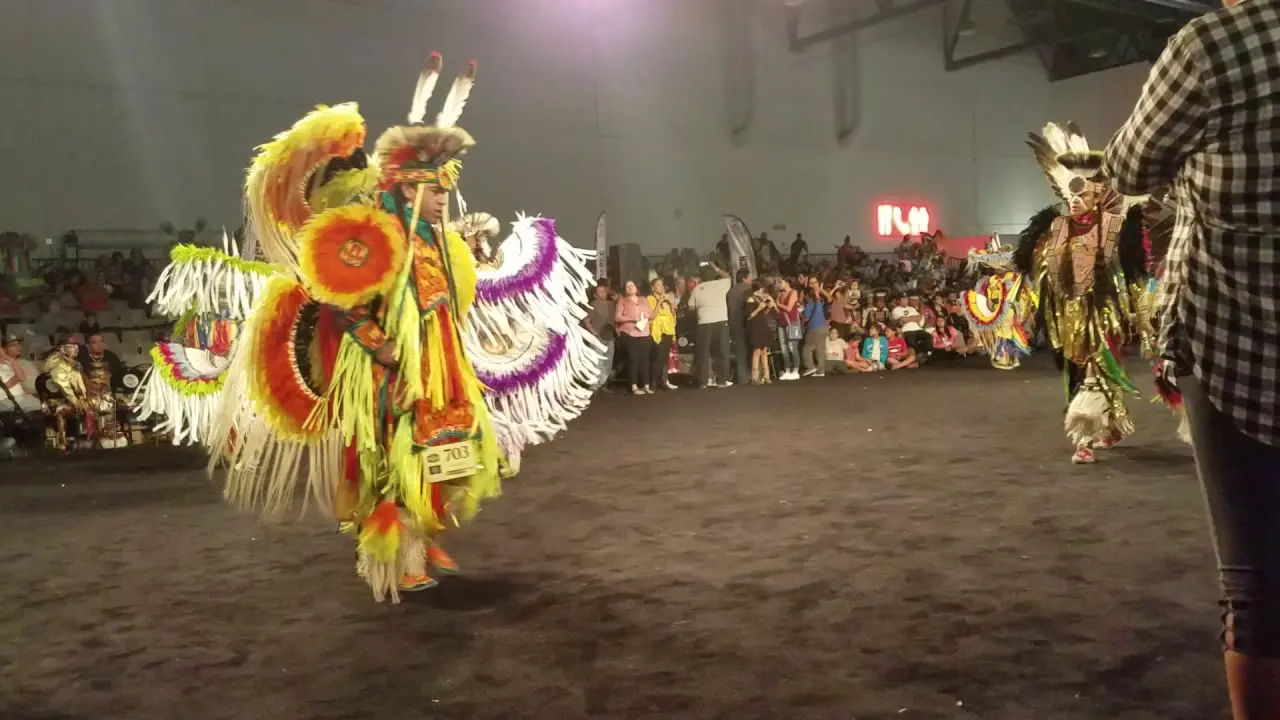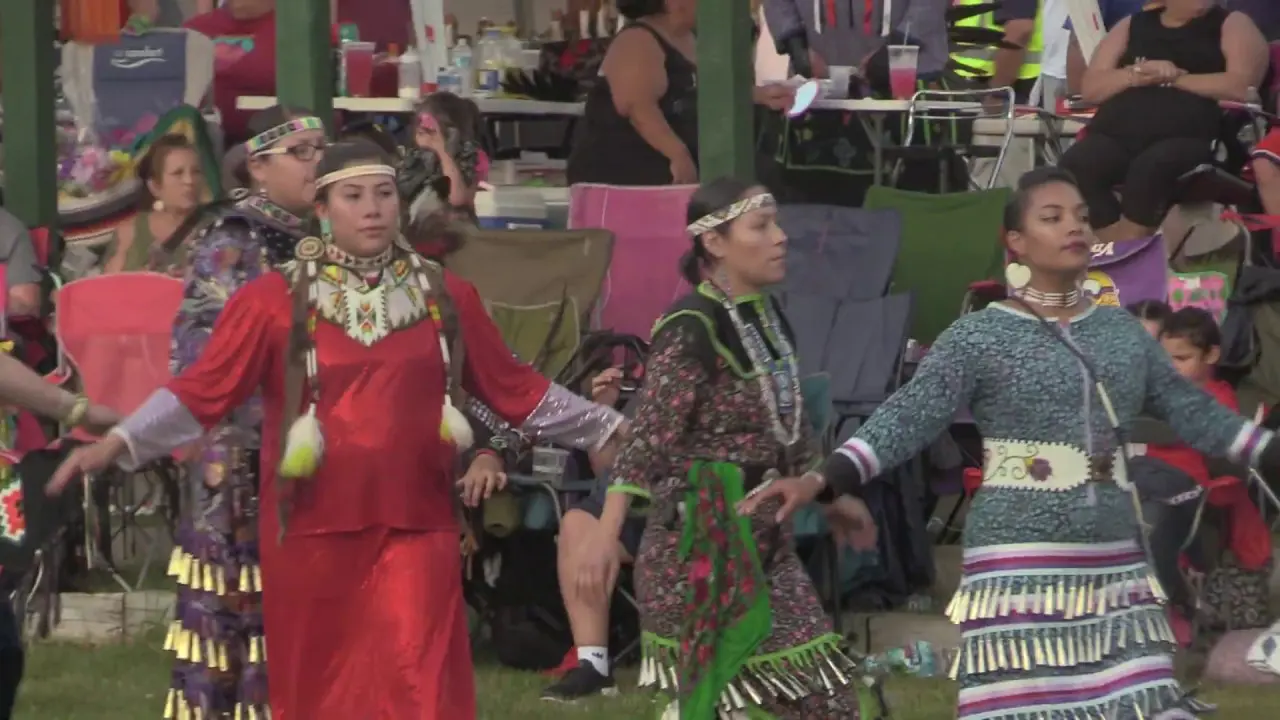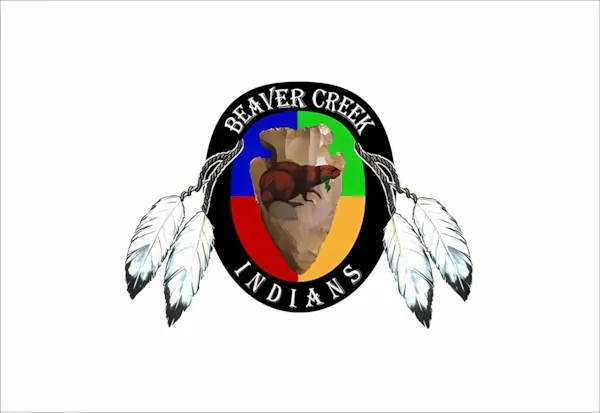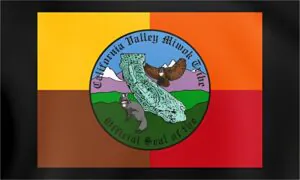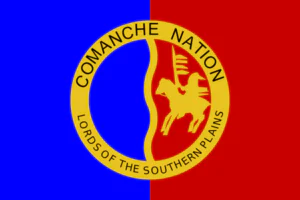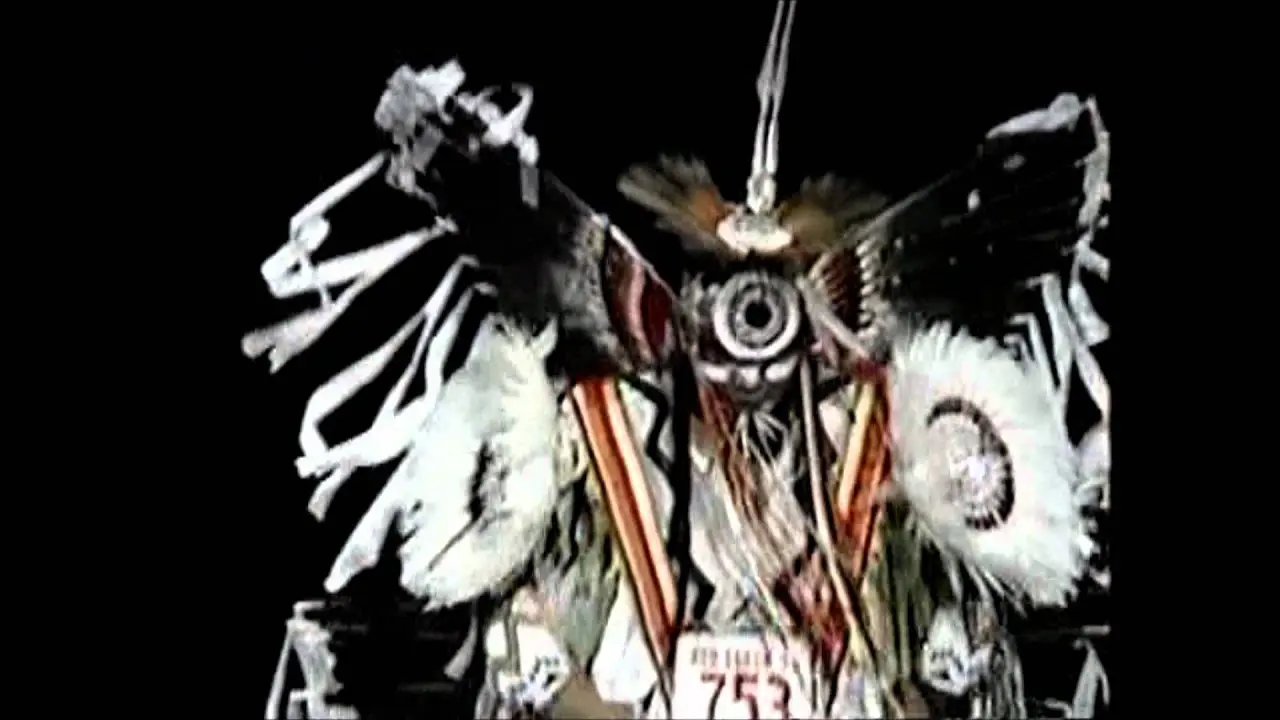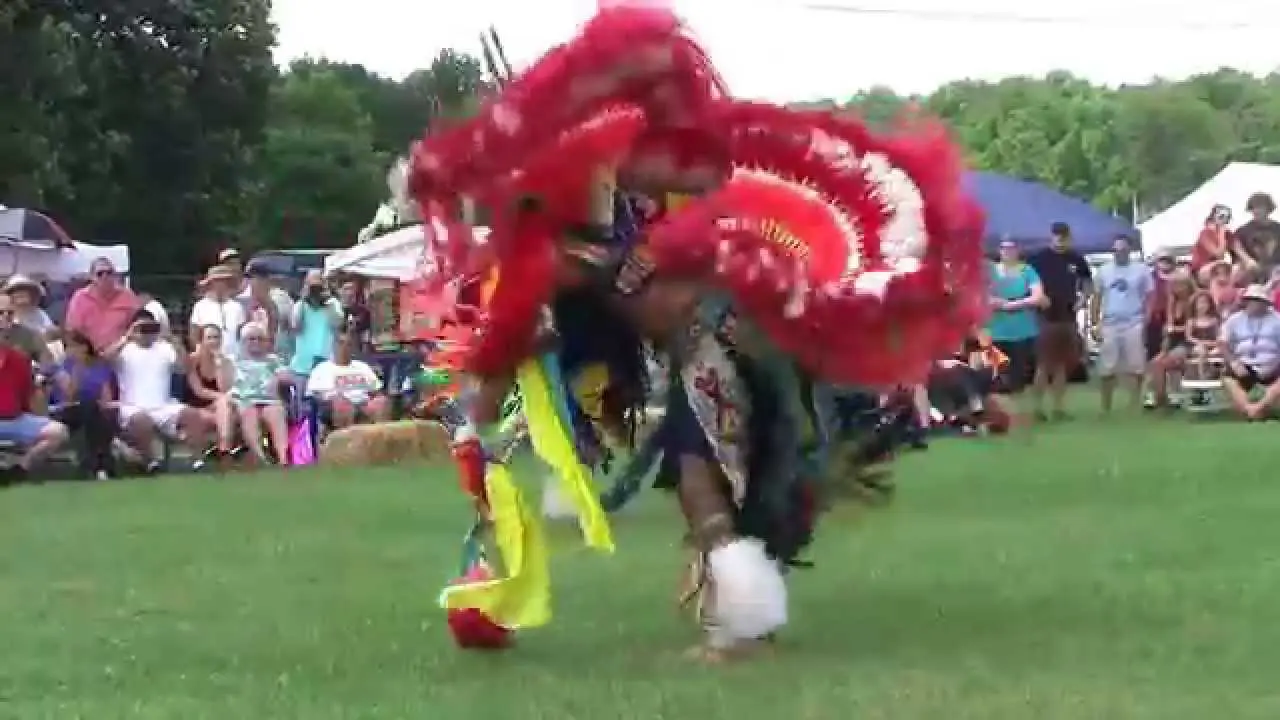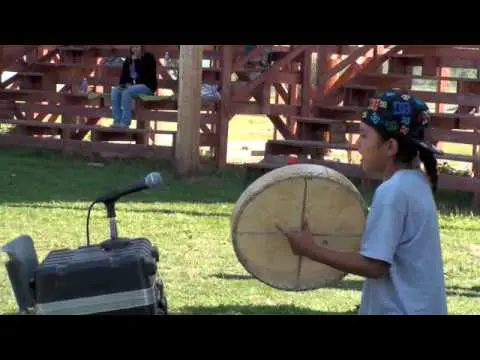Introduction to the Mescalero Apache Tribe
Nestled in the breathtaking Sacramento Mountains of southern New Mexico, the Mescalero Apache Tribe has a rich and vibrant history that dates back centuries. As one of the prominent tribes of the Apache nation, the Mescalero Apache people have maintained their cultural heritage while adapting to the modern world. The Mescalero Reservation, established in 1873, spans over 460 square miles and serves as the heart of this dynamic community, home to approximately 3,500 tribal members.The Mescalero Apache Tribe is renowned for its deep-rooted traditions, languages, and customs, which continue to play a vital role in the lives of its members. Conventional practices, such as the intricate art of beadwork, storytelling, and ceremonial dancing, emphasize the tribe’s connection to its ancestral land and spirituality. The tribe is also known for its resilience, having survived challenges such as displacement and cultural assimilation, to emerge as a cohesive community committed to preserving its identity and heritage.
Today, the tribe engages in various economic ventures, including tourism, forestry, and gaming, which contribute to the tribe’s sustainability and growth. The Mescalero Apache Tribe is dedicated to education, healthcare, and fostering the well-being of its members, ensuring the continuation of its rich cultural legacy for future generations. With a commitment to honor and uplift their traditions, the Mescalero Apache Tribe stands as a vibrant testament to the strength and resilience of Indigenous cultures in America.
Origin Of The People
The Mescalero Apache Tribe,a prominent indigenous group residing on the Mescalero Reservation in New Mexico,has a rich and complex origin story deeply intertwined with the broader narrative of the Apache people. Historically, the various Apache groups emerged from the Athabaskan-speaking peoples who migrated southward from the present-day Canadian subarctic region. This movement began around the 14th century, leading to the establishment of distinct Apache tribes across the Southwestern United States.
The Mescalero Apache, known for their skilled hunting, gathering, and later, agriculture, primarily inhabited the mountainous regions of southern New Mexico. The term “Mescalero” derives from their traditional practice of gathering mescal, a type of agave plant used for food and ceremonial purposes. This unique connection to the land is central to their identity and cultural practices.
Traditionally, the Mescalero Apache people were semi-nomadic, moving between seasonal camps to harvest resources and follow game.Their social structure included extended family groups, known as bands, which were often led by respected elders and warriors. As they interacted with neighboring tribes and European settlers, they adapted their practices and ways of life while fiercely maintaining their cultural identity.
The arrival of Spanish explorers in the 16th century introduced new dynamics,including trade,conflict,and the impact of European diseases. Despite these challenges, the Mescalero Apache successfully preserved many aspects of their culture and traditions. Their resilience is reflected in their modern-day governance and community initiatives on the Mescalero Reservation, where they continue to celebrate their heritage, language, and spiritual practices.
The tribe’s connection to their history is evident in their storytelling,traditional ceremonies,and vibrant art forms,which serve to educate younger generations about their ancestral roots. Throughout the years, the Mescalero Apache Tribe has transformed and adapted while remaining steadfast in their commitment to cultural preservation, helping to ensure that their origin and identity continue to thrive in the 21st century.
Tribal Homelands
The Mescalero Apache Tribe calls the Mescalero Reservation in southeastern New Mexico its home, a stunning expanse of approximately 464,000 acres nestled in the Sacramento Mountains. Surrounded by towering pine trees and rich wildlife, this reservation serves as a vital cultural and spiritual centre for the Mescalero people. The tribe, known for its deep connection to the land, has inhabited this region for centuries, blending ancient traditions with modern practices.
The reservation is characterized by a diverse landscape that includes forests,mountains,and valleys. This ecological variety not only supports the tribe’s cultural practices but also offers recreational opportunities such as hiking, camping, and hunting. The Mescalero Apache Tribe takes pride in maintaining an ecological balance, engaging in sustainable practices that respect the land and its resources.
Central to Mescalero Apache identity is the thoughtful stewardship of their ancestral lands.The tribe actively engages in land management and revitalization initiatives, restoring vital habitats and promoting the growth of native flora. Cultural gatherings and ceremonies are held in scenic locations throughout the reservation, emphasizing the tribe’s ongoing relationship with and reverence for their homeland.Several meaningful sites within the reservation highlight the rich history and traditions of the Mescalero Apache people. The tribe’s cultural heritage is preserved and celebrated at the Apache Heritage Center,which showcases artifacts,storytelling,and exhibits that illustrate their historic and contemporary way of life. The center plays a critical role in educating both tribal members and visitors about the Mescalero Apache’s unique history and cultural practices.
In addition to its cultural importance, the Mescalero Reservation is also home to economic ventures that benefit the tribe. From the Inn of the Mountain Gods Resort and Casino, which attracts visitors and generates revenue, to various agricultural initiatives that support sustainability, these enterprises provide essential resources for the community while fostering economic resilience.
By cherishing their land and promoting sustainable practices, the Mescalero Apache Tribe continues to honor their past while paving the way for a prosperous future. The combination of natural beauty, cultural depth, and community resilience makes the Mescalero Reservation a truly remarkable homeland for the Mescalero Apache people.
Interactions With Settlers
The interactions between the Mescalero Apache Tribe and settlers in the Mescalero Reservation of New Mexico have been complex, marked by both positive and negative experiences that reflect the broader history of Native American relations with European settlers.
On the positive side, there were instances of trade and cultural exchange that benefited both settlers and the Mescalero Apache. The Mescalero were known for their skills in hunting and craftsmanship, offering valuable goods like hides, tools, and artisanal crafts in trade. This exchange allowed settlers to access high-quality products that they needed for survival and everyday life. Furthermore, some settlers established relationships with the Mescalero, leading to instances of cooperation, shared resources, and mutual respect.
However,negative interactions predominated throughout much of history. As settlers moved into the region during the westward expansion, they frequently enough encroached upon Mescalero lands, leading to conflict. The U.S. government’s policies regarding land dispossession and forced relocation severely impacted the tribe. In the late 19th century, the Mescalero Apache faced violent confrontations, forced removals, and were ultimately placed on a reservation, which limited their traditional way of life and access to ancestral lands.
Additionally, the infiltration of settlers introduced diseases to which the Mescalero had little immunity, resulting in significant loss of life within the tribe. This impact compounded the challenges faced by the Mescalero, as their population dwindled, and their cultural practices were increasingly marginalized.
Today, the Mescalero Apache Tribe works to preserve and revitalize its culture while navigating the complex legacy of these interactions. Although they continue to face socioeconomic challenges, initiatives aimed at reclaiming their heritage, coupled with modern developments such as the establishment of the inn and casino industry, showcase a blend of traditional resilience and contemporary adaptation. The tribe’s ongoing efforts to educate others about their history and promote tourism further highlight their desire to share their story while fostering a healthier relationship with surrounding communities.
Most Notable Events In Their Tribal History
The Mescalero Apache Tribe has a rich and complex history characterized by resilience and adaptation. One of the most notable events in Mescalero history was their resistance during the mid-19th century to the encroachment of settlers and the U.S. military. The Mescalero Apache, known for their fierce independence, found themselves engaged in various conflicts, notably the Red River War in 1874-1875, which was a response to military campaigns aimed at relocating them and other Native peoples from their ancestral lands.
Another pivotal moment for the Mescalero Apache was the establishment of the Mescalero Reservation in 1873. This reservation was created after numerous confrontations and negotiations, delineating a specific area for the tribe to reside. Despite the limitations imposed by the reservation system, the Mescalero Apache managed to maintain their cultural identity, traditions, and connection to the land.In the early 20th century, the Mescalero Apache Tribe began to collectively address the challenges posed by reservation life. In 1934, the Indian Reorganization Act provided a framework for self-governance, allowing the tribe to establish its own government. The establishment of the tribal government marked a significant turning point, as it empowered the Mescalero to manage their resources and engage in economic progress projects.
The construction of Inn of the Mountain Gods Resort and Casino in 1993 represented a major economic advancement for the tribe.This facility enabled the Mescalero Apache to generate revenue, boost employment, and invest in community services. The success of the casino has played a crucial role in enhancing the tribe’s financial stability and promoting cultural preservation initiatives.
Throughout their history, the Mescalero Apache have faced numerous challenges, including cultural assimilation pressures and economic hardships. However, they have demonstrated a remarkable capacity to adapt and thrive. Today,the tribe actively preserves its language,traditions,and ceremonies,ensuring future generations will have a strong connection to their heritage. Events such as the annual Mescalero Apache Rodeo celebrate their unique cultural identity, showcasing traditional skills while fostering community pride and unity.
Where Are Their Tribal Lands Now And How Were They Established
The Mescalero Apache Tribe resides primarily on the Mescalero Reservation,located in south-central New Mexico. This 460,000-acre reservation is nestled in the beautiful Sacramento Mountains, characterized by its picturesque landscapes, including pine forests, meadows, and mountainous terrain. The Mescalero Reservation was established in 1873 through a series of government treaties and executive orders, aimed at providing a designated area for the Mescalero Apache people as they faced displacement and loss of traditional lands.
The past journey of the Mescalero Apache Tribe has been marked by hardships, including conflicts with settlers and U.S. military forces. Following decades of resistance, many Mescalero Apache individuals were forced onto reservations under the harsh policies of the U.S. government. The establishment of the Mescalero Reservation was a partial reprieve, allowing the tribe to maintain a semblance of their cultural identity and traditions.
Today, the Mescalero Reservation serves as the land base for the tribe’s government and community activities, where they engage in various economic ventures, including tourism, gaming, and natural resource management. The tribe has worked hard to revitalize their language, culture, and traditions, with the landscape playing a vital role in their customs and ceremonial practices. The reservation continues to be a hub for tribal governance and economic development, promoting self-sufficiency while celebrating the rich history and resilience of the Mescalero Apache people.
Modern Concerns Of The Tribe
The Mescalero Apache Tribe, located on the Mescalero Reservation in New Mexico, faces a range of modern challenges that reflect both traditional values and contemporary societal issues. One significant concern is the preservation of culture and language. With younger generations increasingly exposed to mainstream American culture, efforts are in place to revitalize the Apache language and traditional practices. This includes educational programs that teach the Mescalero Apache language in schools, fostering a sense of identity and cultural pride among tribal youth.
Economic development is another pressing issue for the Mescalero Apache Tribe. While the tribe has made strides through enterprises such as the Inn of the Mountain Gods Resort and Casino, economic diversification remains a priority. The tribe is exploring sustainable tourism and renewable energy initiatives to reduce reliance on gaming revenue and create a stable economic foundation for future generations. However, balancing economic growth with environmental stewardship is crucial, as many tribal members hold deep connections to their ancestral lands.
Health care is also a critical area of concern, as access to quality health services can be limited for many indigenous communities. The Mescalero Apache Tribe is working to improve health outcomes by addressing issues such as high rates of diabetes,substance misuse,and mental health challenges. Initiatives aimed at promoting wellness through traditional practices,nutrition education,and community support networks are being implemented to combat these health disparities.
legal and political challenges continue to affect the Mescalero Apache Tribe. The tribe actively engages with state and federal governments to advocate for sovereignty rights, land trust protections, and resolution of water rights disputes. The preservation of sacred sites and natural resources is paramount, leading to ongoing negotiations and activism to ensure respect for their tribal lands.
Together,these modern concerns reflect the Mescalero Apache Tribe’s resilience and commitment to adapt while honoring their heritage. By addressing cultural, economic, health, and political issues, the tribe is not only preserving its identity but also fostering hope for future generations.
Events And Other Social And Political Activities
The Mescalero Apache Tribe, residing on the Mescalero Reservation in New Mexico, actively engages in a wide array of social and political activities that reflect their rich cultural heritage and contemporary needs. One of the tribe’s most significant annual events is the Mescalero Apache Tribal Fair and Rodeo, which unites community members and visitors through traditional Native American games, cultural performances, and rodeo competitions. This event not only celebrates Mescalero traditions but also serves as a vital social gathering and a showcase of tribal pride.
Along with cultural celebrations, the tribe prioritizes education and youth engagement. Programs such as the Mescalero Apache Youth Council foster leadership skills among young members, encouraging them to participate in decision-making processes affecting their community. These initiatives aim to empower the next generation while instilling a profound understanding of the tribe’s history and values.
Politically, the Mescalero Apache Tribe maintains a government structure that emphasizes self-determination and sovereignty. The tribal council plays a crucial role in representing the tribe’s interests at local, state, and federal levels, actively advocating for issues such as land rights, resource management, and economic development. Recent initiatives have focused on sustainable practices and the preservation of natural resources, reflecting a commitment to environmental stewardship that honors their ancestral teachings.
Moreover, the tribe has been involved in various partnerships and collaborations with other Native American nations, enhancing their political clout and solidarity among Indigenous peoples. Engagements in regional and national forums provide opportunities for the Mescalero Apache to address common challenges such as health disparities, economic development, and cultural preservation.To further their goals, the Mescalero Apache Tribe has also invested in infrastructure projects, including improvements to housing, healthcare facilities, and educational institutions. These developments not only enhance the quality of life for tribal members but also create employment opportunities,fostering economic self-sufficiency.
the Mescalero Apache Tribe actively participates in diverse social and political activities that promote cultural pride, youth empowerment, self-governance, and economic growth. Their commitment to preserving traditional customs while advocating for the pressing needs of their community exemplifies the resilient spirit of the Mescalero Apache people.
